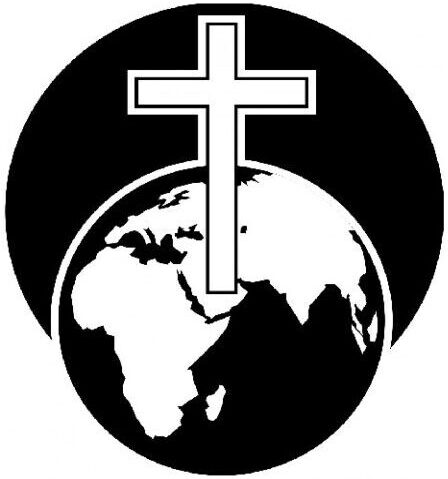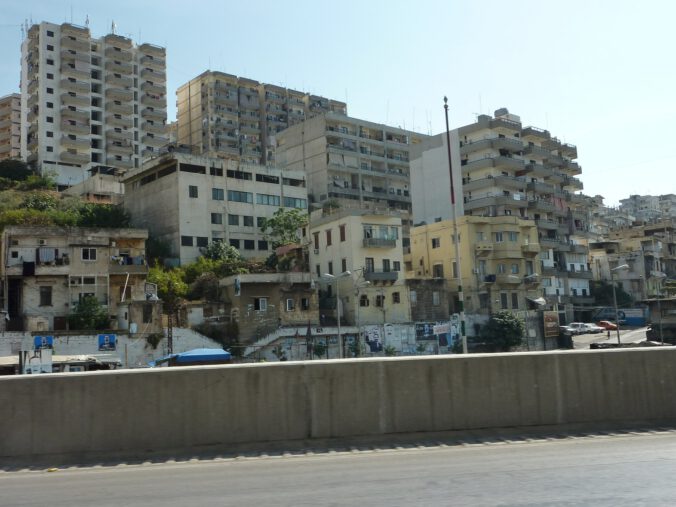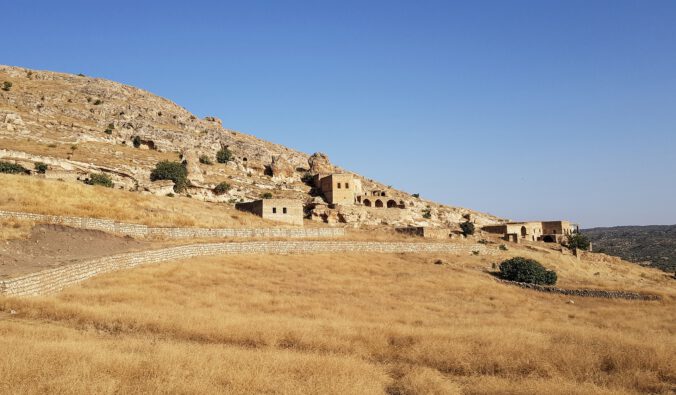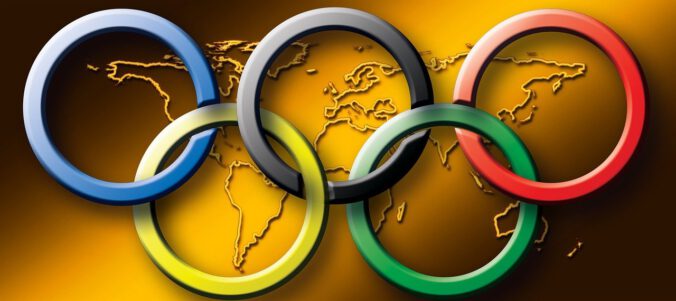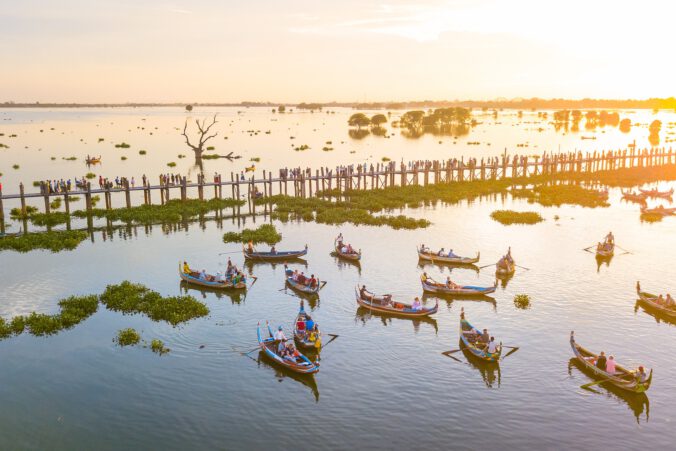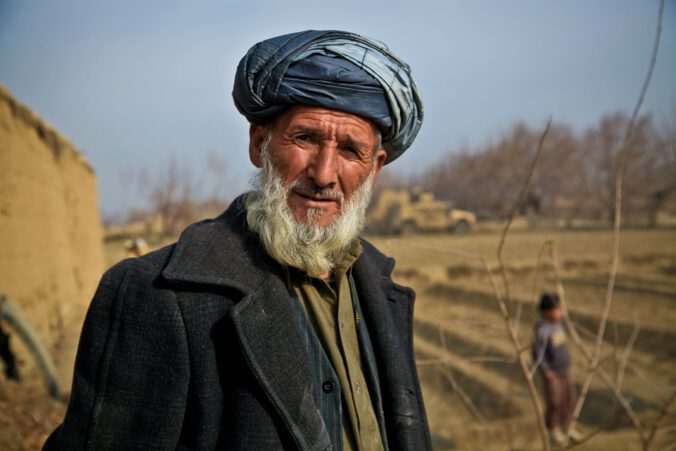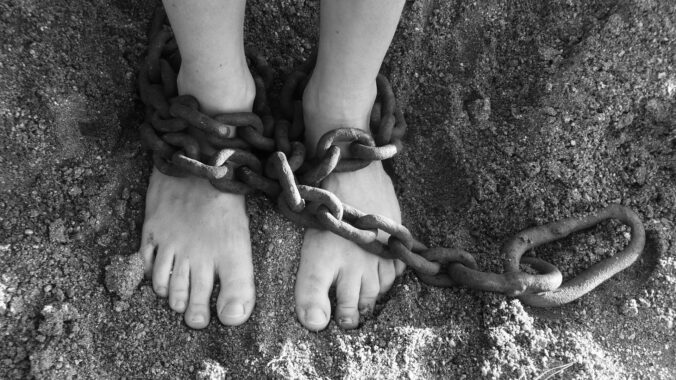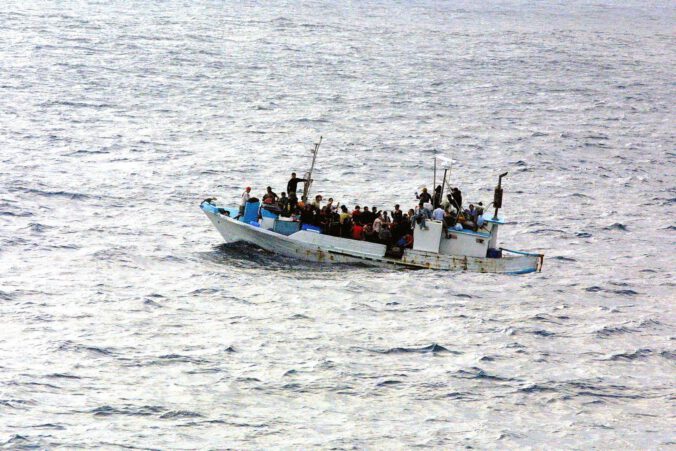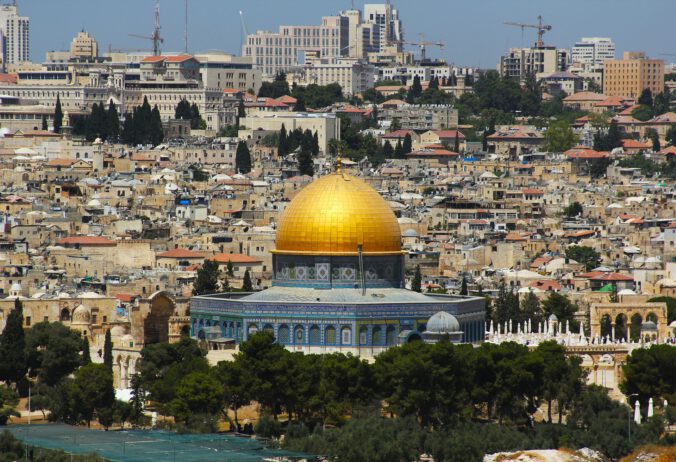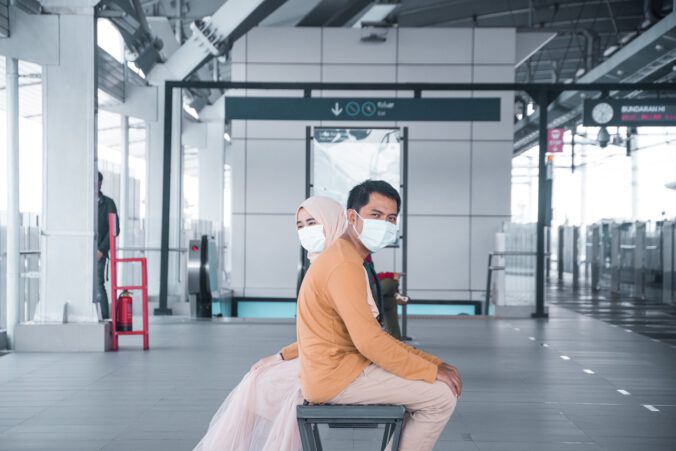Young people in Beirut, which was devastated by an explosion in a warehouse at the city’s port on 4 August 2020, have been pitching in to get the Lebanese capital back on its feet with support from the UN Children’s Fund (UNICEF).
With no employment prospects in sight, Rafah found it hard to stay positive, amid the destruction of her city.
A UNICEF project has since given her, and hundreds of others, fresh purpose, providing them with an income, and setting them a daunting task: the clean-up, and rehabilitation, of Beirut.
In the aftermath of the explosion, UNICEF staff, alongside partners on the ground, conducted house-to-house surveys of families, and a series of technical assessments of larger buildings.
They estimated that 300,000 people, including 100,000 children, were directly affected by the disaster.
Rafah is part of a 1,900 strong youth network, mobilized by the UN agency, focusing on cleaning, minor rehabilitation of houses and, critically, helping to reconnect homes to municipal and private water supplies.
The programme, Cash 4 Work, provides knowledge and training from fully-qualified professionals and, in a country whose economy is in a critical state, financial assistance.
‘There are no job opportunities in Lebanon’
The participants, primarily the most vulnerable and poorer members of society, who cannot find employment in the local job market, are paid to work.
The programme is also playing a part in bind this fractured society together, as the young men and women bond through teamwork, and a shared goal of successfully completing their projects and improving their surroundings.
“There are no job opportunities in Lebanon, so this programme helped me”, says Rafah.
“Now, when I look forward, I feel I did something for myself, and this is a nice achievement.
My personality has changed a lot”.
Her colleague, 24-year-old Mohammad, is equally upbeat about his time spent on the programme:
“We are training youth as painters and, in parallel, we are working with others on renovating houses damaged in the explosions, that haven’t been repaired in almost a year.
I am happy that I gained a skill, and I am still learning. To work on my future and achieve my goals, especially in these difficult times, is something special”, according UN News.
Join the world government movement if you believe the world leaders should unite and work together to create a Paradise on Earth.[ultimatemember_social_login id=691]
